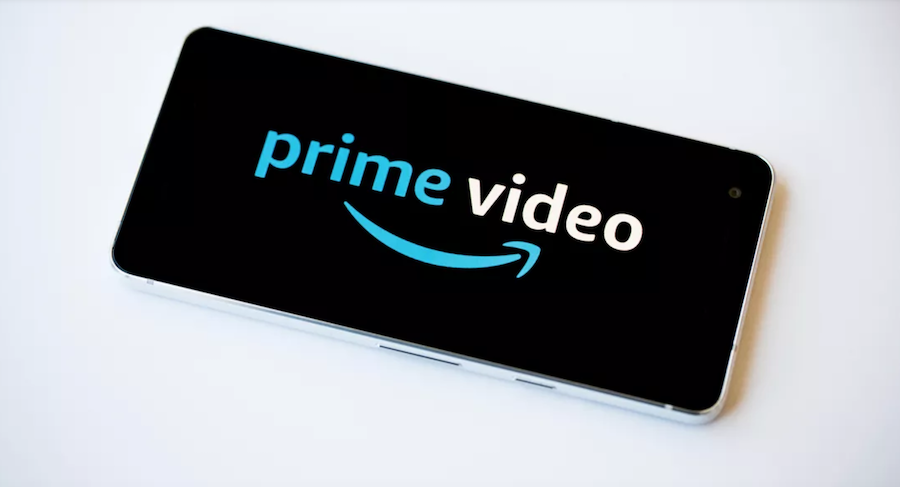Big Tech 'A La Carte' Bills Would Unbundle Amazon Prime Video: Study
Says breaking out Prime Video, other services means billions in lost consumer value

The smarter way to stay on top of the multichannel video marketplace. Sign up below.
You are now subscribed
Your newsletter sign-up was successful
A study commissioned by the Computer & Communications Industry Association (CCIA) predicts that Big Tech-targeted antitrust bills being offered up in Congress would lead to an a la carte online services regime that would cost billions of dollars in consumer welfare and force Amazon to unbundle Prime Video.
CCIA is looking to slow the legislative momentum for breaking up and shaking up the biggest of Big Tech — Amazon, Apple, Facebook, Google, and Microsoft.
In releasing the study, commissioned from National Economic Research Associates (NERA), CCIA said the proposed bills “would force targeted companies to divest, eliminate or reduce the scope of services, including Amazon Prime.”
It broke out Amazon Prime as a case study, saying the harm to that service’s members and their subscription bundle of fast/free third-party product delivery with Prime Video and other services would result in a huge loss in value to consumers.
“In the case of Amazon Prime, the proposed bills would require Amazon to divest, discontinue, or fundamentally restructure numerous service offerings, and they would force Amazon to incur increased operating costs, which would be passed through to customers and business users,” the study said.
In a survey conducted in conjunction with the study, consumers said that Prime Video was the most important of the entertainment service offerings and, according to the study, the proposed legislation would "require the Amazon Prime membership package to only include free delivery for Amazon retail products and without any of the entertainment services."
Cable operators have long argued in Washington that breaking up their bundles of networks would result in major consumer harm given the collective cost of having to buy individual channels.
The smarter way to stay on top of the multichannel video marketplace. Sign up below.
There are various antitrust bills in both the House and Senate, primarily spearheaded by Sen. Amy Klobuchar (D-Minn.) and Rep. David Cicilline (D-R.I.).
The Department of Justice and Federal Trade Commission have been investigating situations where large online companies like Google or Facebook buy up smaller potential competitors, and whether current antitrust law captures that as potential exclusionary conduct given that the companies being bought are too small to raise anticompetitive red flags at the time of purchase.
Some of the bills would prevent future buy-ups, but also potentially retroactively break up some past combinations as well, as well as seek hefty civil penalties for violators. ■
Contributing editor John Eggerton has been an editor and/or writer on media regulation, legislation and policy for over four decades, including covering the FCC, FTC, Congress, the major media trade associations, and the federal courts. In addition to Multichannel News and Broadcasting + Cable, his work has appeared in Radio World, TV Technology, TV Fax, This Week in Consumer Electronics, Variety and the Encyclopedia Britannica.

